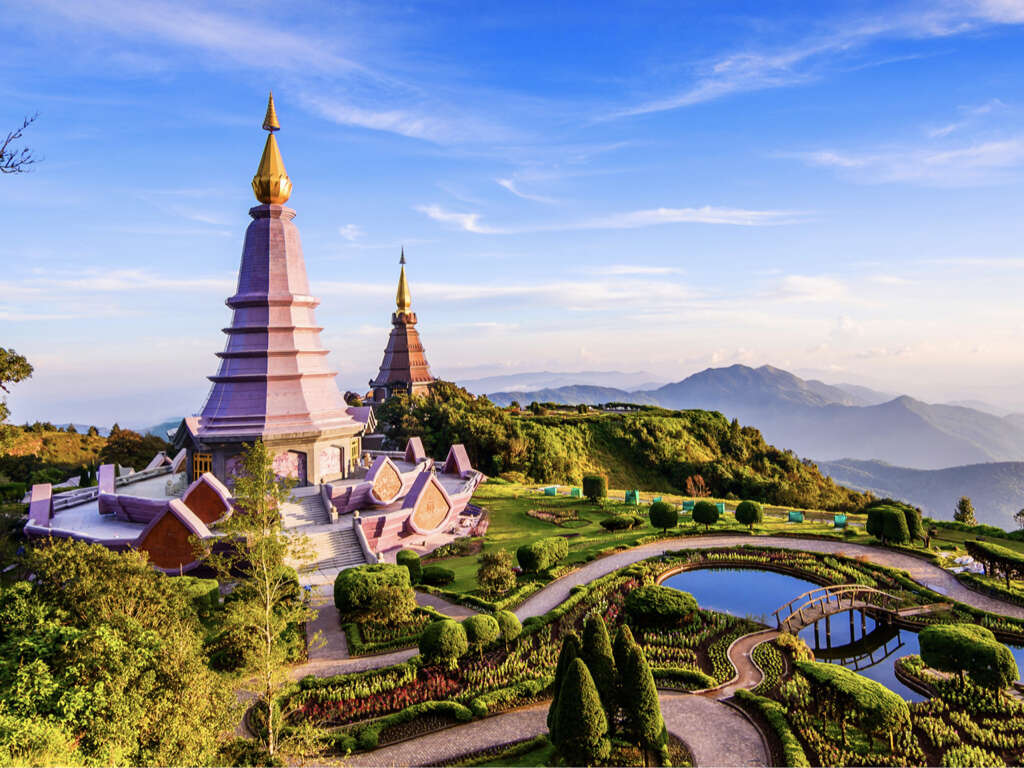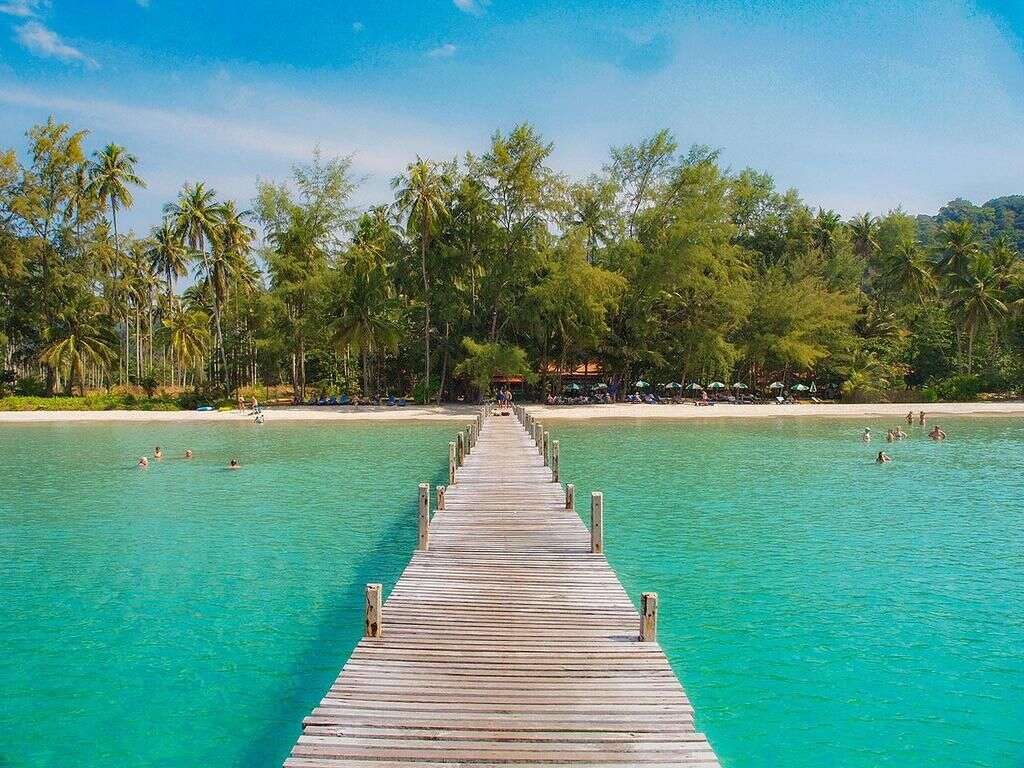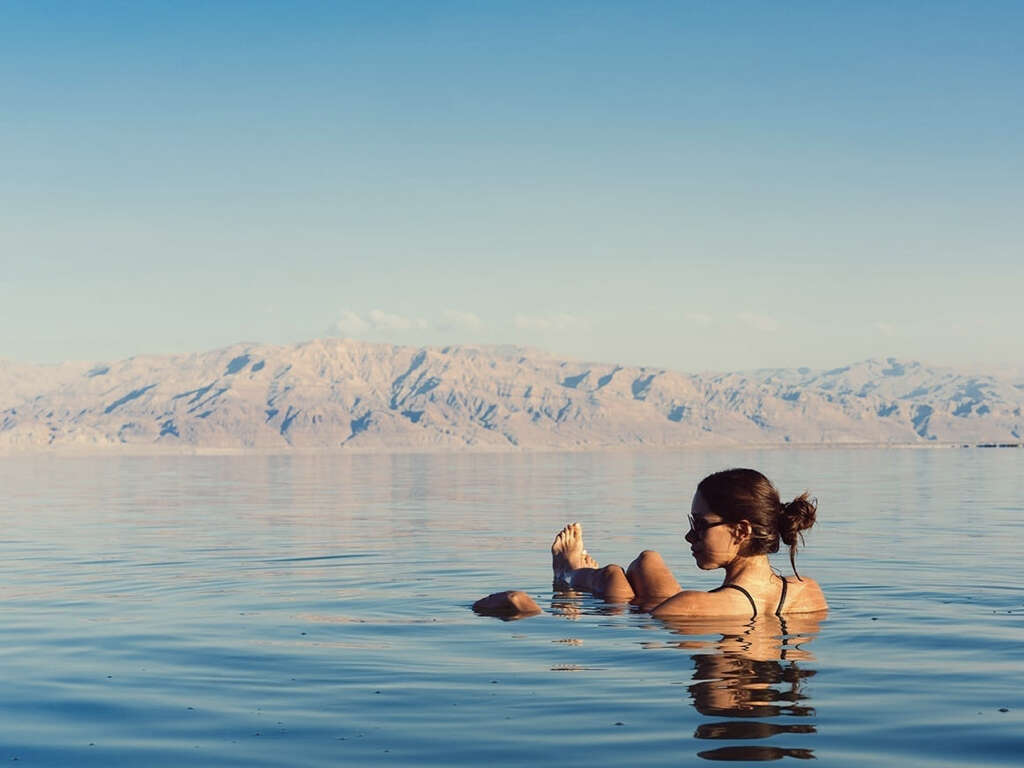10 Things You Should Never Do In Thailand
Every year, Thailand receives millions of visitors from across the globe. Tourists come in their droves, attracted by the culture, the temples, the beaches, the food, and so much more. One thing that keeps people coming back is the famous Thai welcome; it is not known as the land of smiles for no reason.
Thai’s are generally welcoming, and forgiving, but it is still possible to commit a faux-pas. It is quite easy to avoid these, though, it is just a matter of knowing first what you should or should not do. There are also some things you should never do because they can get you in trouble, and some things that should be avoided for moral reasons.
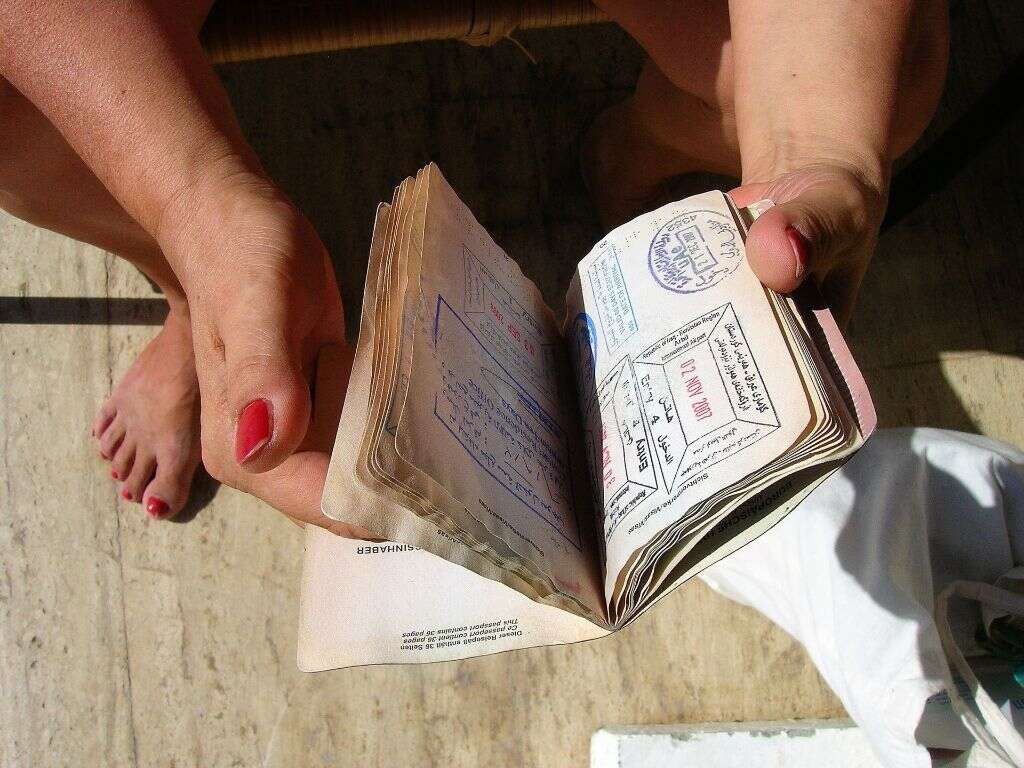
1. Don’t Ride the Elephants
Elephants are almost considered sacred to many people in Thailand, partly because of the long history that the nation has with them. In the past, they were used for the heavy lifting jobs and were even used in war. Nowadays they often have a different role, which is to give rides to tourists. As tempting as it may be to go on an elephant ride, you really should try and resist. Elephants used in the tourism industry are mostly kept in appalling conditions and treated cruelly to scare them into compliance. Look instead for other opportunities to get close to these majestic beasts without encouraging cruel treatment.
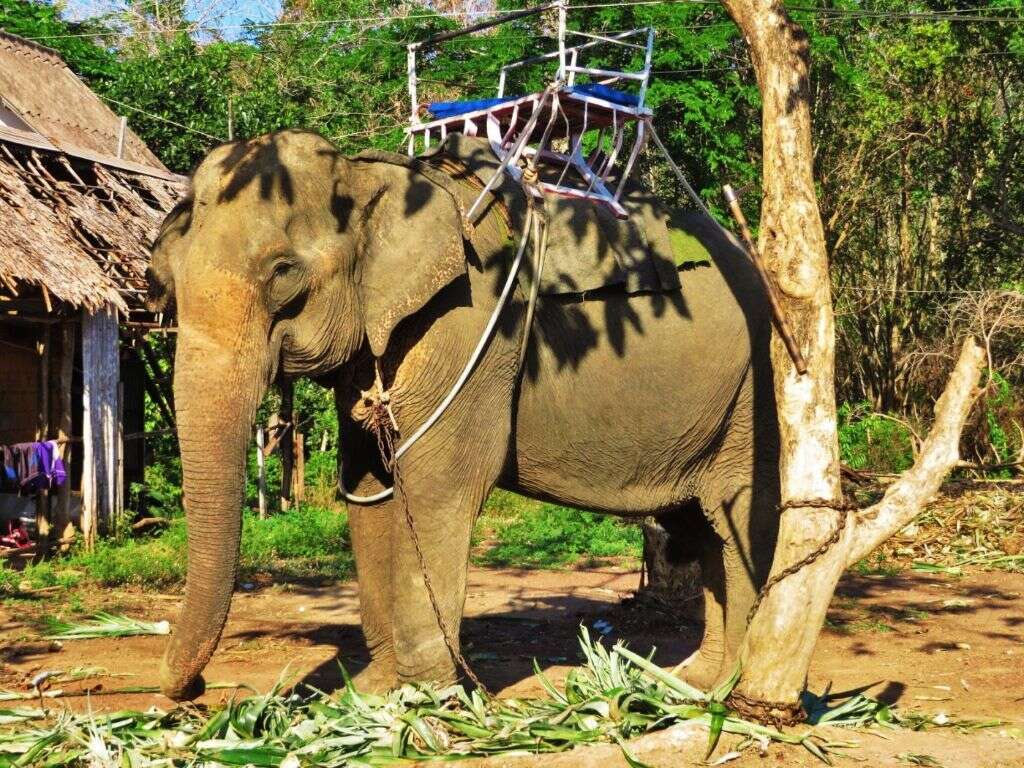
2. Don’t Do Drugs
There are a lot of misconceptions around drug usage in Thailand. Some people seem to be of the impression that softer drugs such as cannabis are legal, but this is simply not true. Some people might also have experienced times when the law is not being upheld by individual police that turn a blind eye in exchange for payment.
This does not make it legal. If you are caught with drugs, including cannabis, then you may well find yourself in jail. Even if you only had a small amount this can still mean having to wait for weeks, or even months, in jail until your case is heard. The conditions of Thai jails and prisons also leave a lot to be desired.
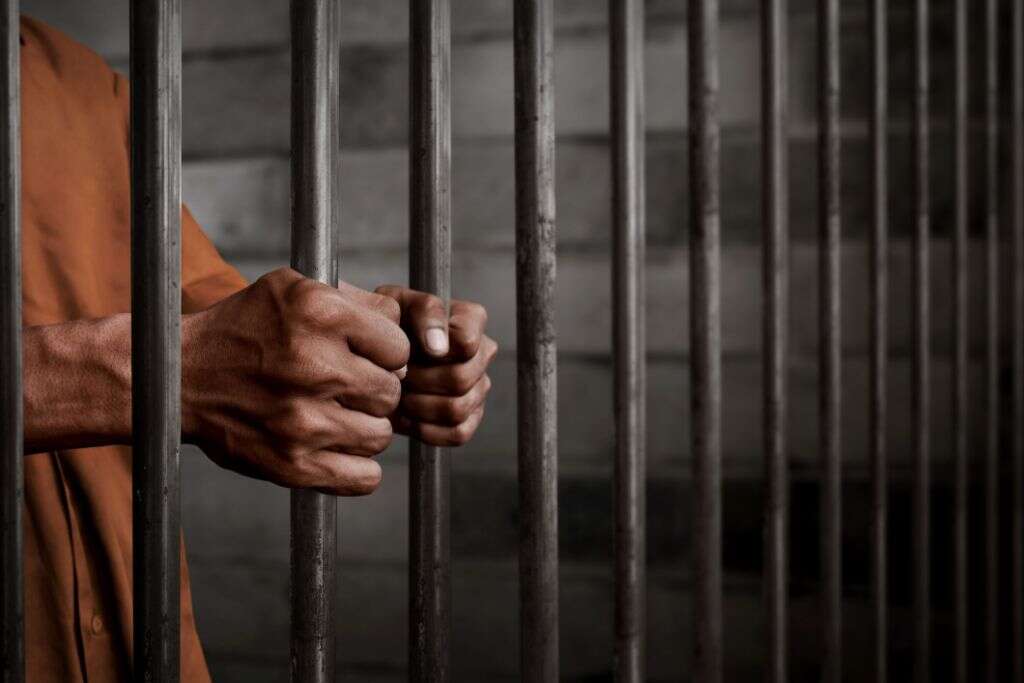
3. Don’t Disrespect Royalty
Thailand has very strict laws regarding disrespecting their monarchy, and laws are they are enforced. People have found themselves in prison for saying the wrong thing and you could too if you are not careful. No matter what you might feel about the laws, it is a very good idea to just not say anything negative at all.
This means being careful when speaking with other people in person, and anything that you might say over the internet. Even something that is well meaning might be misconstrued as criticism and this might land you in a lot of hot water. To play it safe, it is best to avoid getting into any discussion regarding the monarchy, even if you do think it is harmless.

4. Don’t Point With Feet
The Thai people have very strong feelings about people pointing at objects with their feet or using them for other things. They are to be used for walking and nothing else. Break this rule and you might end up deeply offending somebody.
You should also be careful about stepping over people on the ground, especially if you are stepping over their head. Remember also that touching a Thai person’s head is considered to be deeply offensive to many. Even if it is a well-intended action, you might still end up upsetting somebody. Just avoid touching peoples’ heads completely to avoid having any problems.
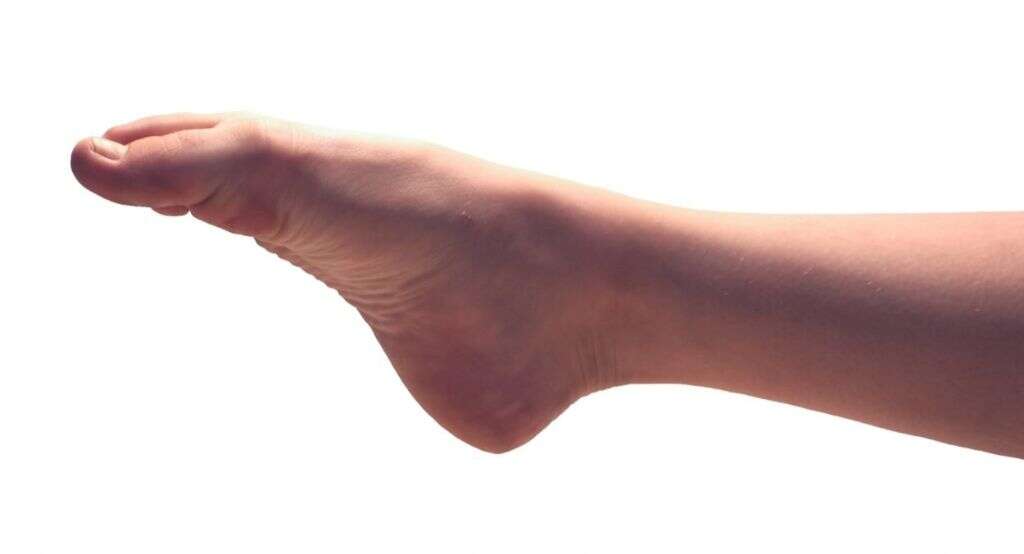
5. Don’t Disrespect Buddha
The majority of Thai’s are Buddhists, although they vary in just how closely they choose to follow the Buddha’s teaching. It is important to bear this in mind because disrespecting Buddha is very offensive to a lot of Thais. The country also has blasphemy laws, although you would need to really go out of your way to be offensive to be charged.
This includes being respectful to monks and to temples. You should always make way for monks and give up your seat to them, and women should be careful not to touch them. When you are in temples, remember to keep the noise down and never drink alcohol when on the temple’s grounds.

6. Don’t Overstay
As with other countries, visitors to Thailand are given a certain amount of time to stay in the country, depending on which visa they have. Most people will be leaving within this period anyway, but others might wish to extend their stay. If for whatever reason, your stay takes you beyond your leave date then you must get the visa extended.
Some people might choose to just pay a fine at the airport when leaving, but this is risky. The Thai immigration department does perform sweeps to look for overstayers and nobody is exempt from the rules. If caught, you will likely be expected to go to court. You will also face a temporary ban from returning to the country if you go on overstay by a certain amount.

7. Don’t Not Negotiate Fares
Bangkok has a lot of taxis, whether they are modern cars, motorbikes, or tuk-tuks. Most of the time all you need to do is to flag one down and they will be happy to take you where you want to go. Before you do get in, negotiate the fare first. Standard taxis have meters that they are expected to use, but some will insist on a (higher) set fee first.
You should insist that they use a meter. Tuk-tuks and motorbikes don’t have meters, though, so you must negotiate a fee first to prevent getting any nasty surprises at the end of your journey. If the driver will not agree to a reasonable fare then move on to another one.

8. Don’t Take Clothes Off
During the high season, Thailand is hot and sunny. People visiting from colder countries are often quick to strip down to shorts and bikinis, and understandably so. Do so sensibly, however, such as when on the beach or at the pool. If you are going shopping or to a restaurant then you really should put a shirt on. Thais, or anybody else, don’t want to be faced with sweaty bodies when they go to the store.
Some places might refuse you entry and the police may also demand you put something on if they catch you walking around bare-chested. It is especially important to dress modestly when visiting temples.
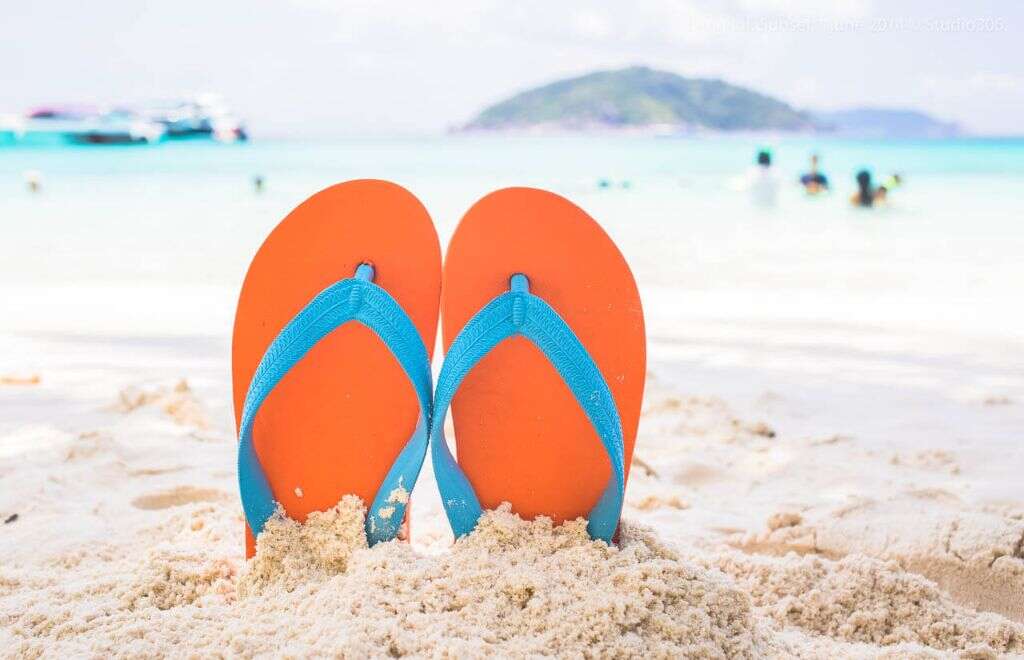
9. Don’t Kiss In Public
Thailand is quite a liberal country and the people living there tend no to want to get involved in other peoples’ business. They are generally fine with same-sex couples and Thailand’s famous ladyboys are accepted just as much as everybody else.
Thai’s generally have an open mind toward sex and relationships in general but it is important to be discreet. Being overly affectionate in public is frowned upon in Thailand. It is fine to hold hands and it is also fine to give each other a quick kiss to say hello or goodbye. Just don’t overdo it, otherwise you might find yourself having to deal with some rather angry locals.

10. Don’t Wear Shoes Indoors
If you have been invited into somebody’s home then you should always take your shoes off before entering. Not doing so is considered to be rude, even though Thai people are generally quite forgiving of genuine errors. You will also often find that a shoe rack is provided to help keep your shoes safe.
You will also sometimes find that you are expected to remove your shoes before entering some small stores. You will usually be able to tell which because other people will have left their shoes outside. If you are worried your shoes might be stolen then you can take them in with you, just make sure to take them off first.




